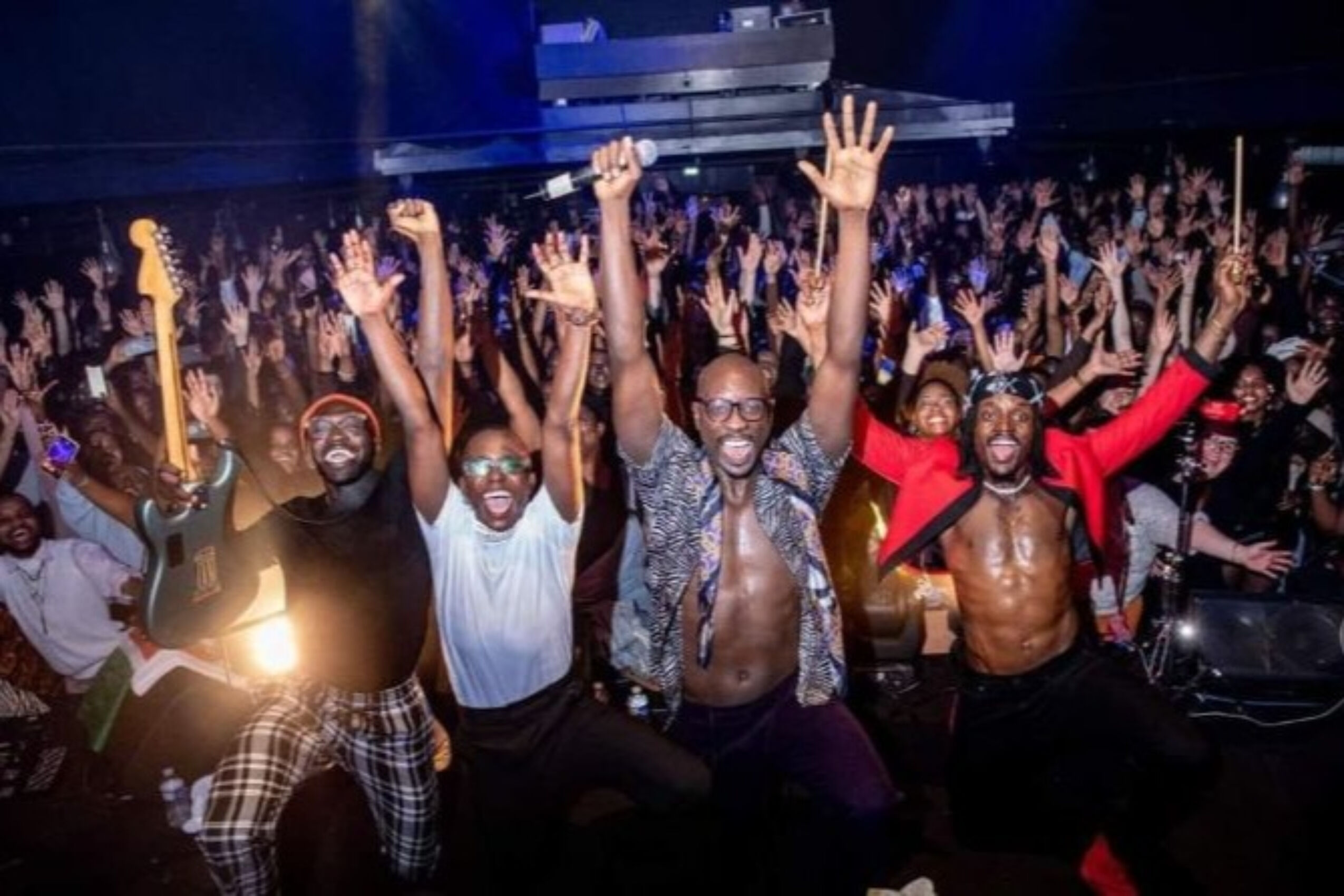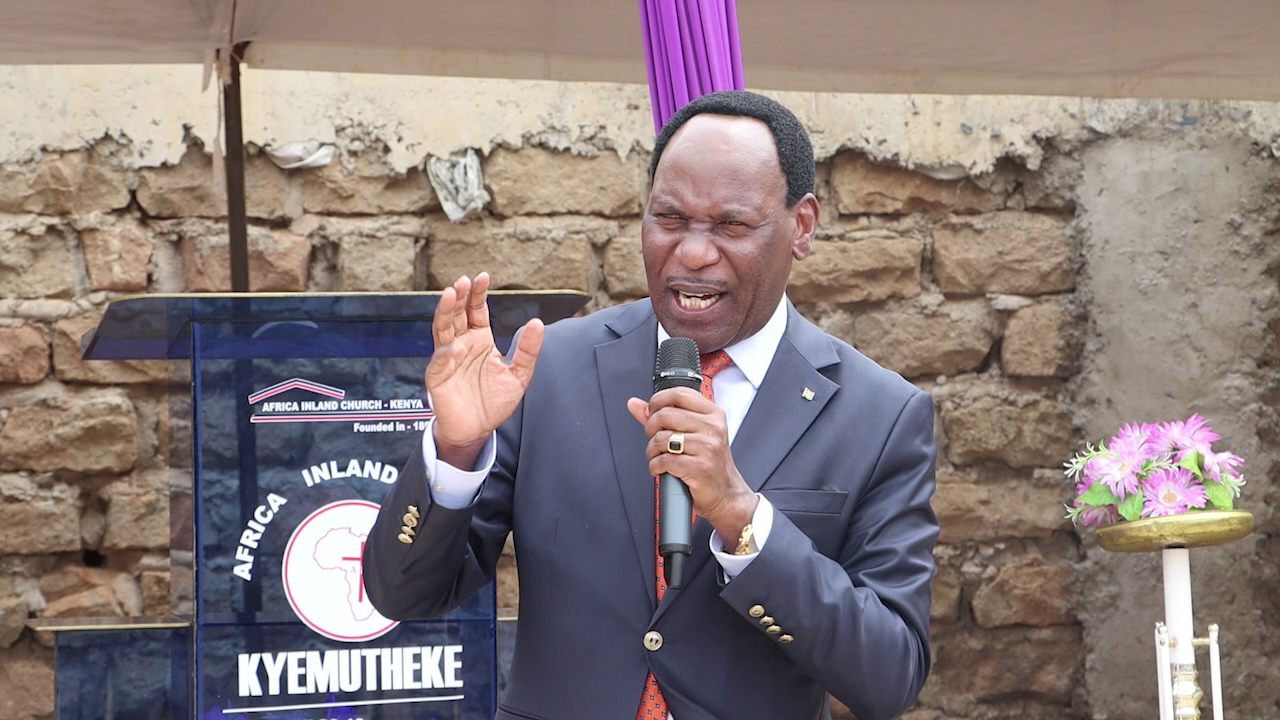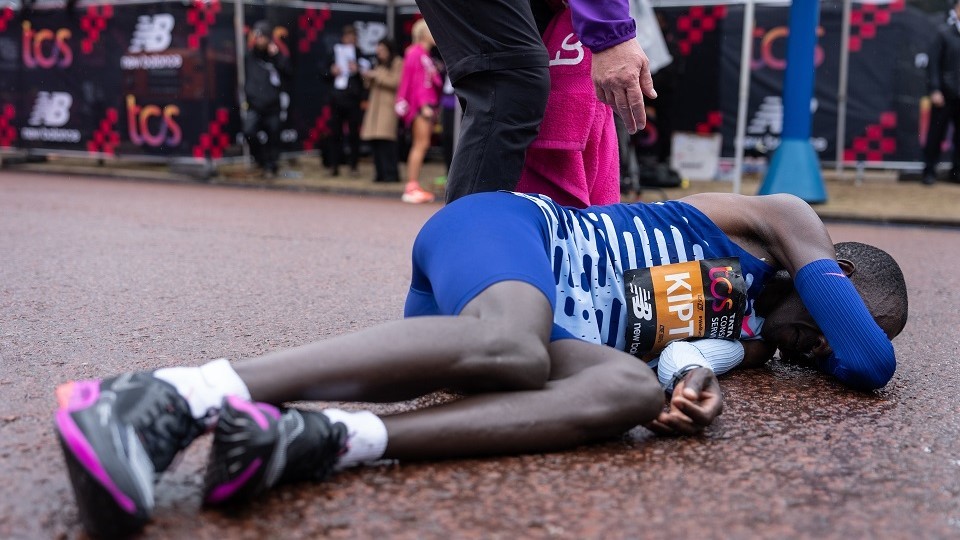Importance of Events Like SolFest To Kenya's Economic Growth

The upcoming event that is to take place Saturday 17 SolFest, has since cultivated event culture in our country.
Since COVID-19, Nairobi's event culture has resurrected with a fury, as seen by the weekly takeover of our feeds and streets by advertisements for the newest "hot" event.
Najib Balala, who was Kenya's tourism secretary at the time, said in a statement that the country's tourism revenues increased to KES 167 billion between January and August 2022 from KES 83 billion earned in the previous fiscal year.
Beyond experiences and a good time, the event sector supports tens of thousands of SMEs and contractors annually.
“Part of what makes Kenya one of the best places to live and visit is our thriving nightlife and event landscape. And one of our key focuses as a business is to not only play a part in Kenya’s resurging event and music scene, but to also put on shows that are memorable enough for people to keep wanting to come back.” General Manager Nanjero explains.
The average Nairobi resident may be tired of this trend, but they are unaware of the negative effects it has on a nation's economy.
At a recent press conference, the SolFest team gave a few examples of companies that support performing artists, including merchandisers, vendors, producers, stage designers, graphic designers, stylists, and security.
“When you buy a ticket to SolFest you are not only supporting the business running the event, but you are also supporting hundreds of others, something people should keep in mind,” says Nanjero.
Such occasions not forgetting the ongoing Nairobi Festival may contribute significantly to Kenya's economic growth.




